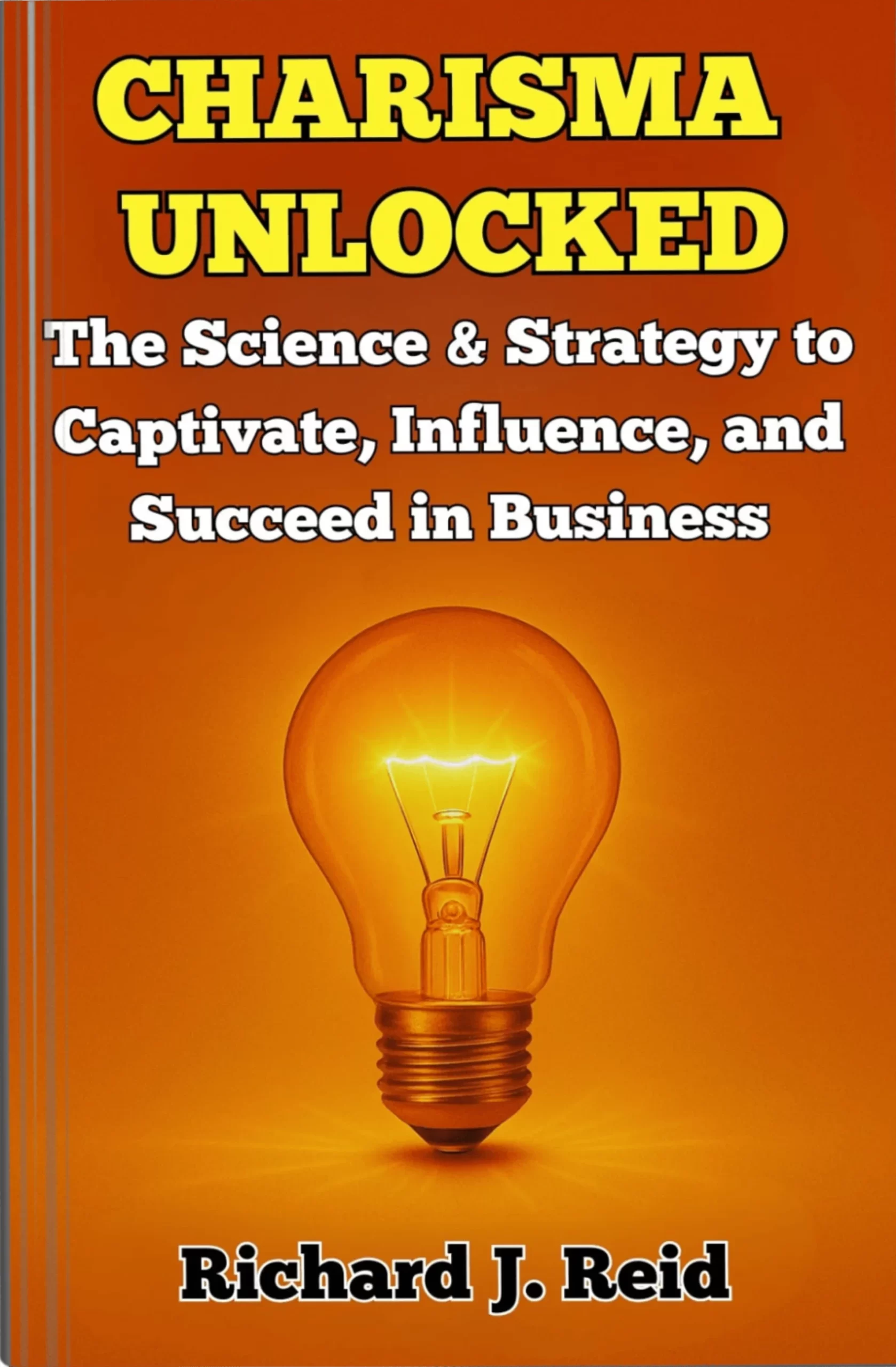“In adversity, remember to keep an even mind” – Horace
This quote may be more than 20 centuries old but it has stood the test of time. Perhaps now is the time to progress to a growth mindset from an even mind.
Decision theory recognises the following individual’s philosophy of life and world view as a mindset. The growth mindset can be described as the self-belief that hard work and dedication can make you gain basic abilities and also become intelligent and talented.
A growth mindset imbibes a love for learning and a resilience that can enable you to seek opportunities in adversity. The real challenge is the application of a growth mindset in such times of adversity.
1. Acknowledge your Strengths and Weaknesses: Adversity may narrow your self-view into ignoring your strengths or weaknesses or both. You may burden yourself with your weaknesses or deny their existence for a false sense of security. Hence, it is imperative that before you learn anything else, you have to understand your current set of abilities and vulnerabilities.
2. Cultivate Grit and Purpose: Purpose and grit help you avoid the distractions of fear, doubt, and overconfidence. Instead fear and doubts can trigger inquisitiveness and overconfidence can be controlled by use of purpose that motivates continuous learning and the grit to pursue growth.
3. Explore Learning Tactics: You do remember things that you learned quickly, even though you lacked initial interest in them. You may also remember things that you learned after overcoming your fears. If you do, you can do a little research and identify learning tactics that helped you overcome challenges. It is possible that you may learn by making certain types of mistakes or by using certain types of tools. Arrive at the learning tactics of your choice.
4. See adversity as your Source of Learning: For centuries, torchbearers of human excellence have quoted adversity as a source of learning and yet, it may be your mindset that prevents you from applying this principle, unless you start to develop a growth mindset. A combination of self-reflection, grit, tactics, and purpose can make you habitual of this outlook. For example, your future and sense of security look uncertain during this lockdown, but you can define new goals and processes to achieve some certainty, whether in your relationships or your profession.
5. See Failure as a Lesson: Define failure as any adverse outcome that can be countered with an actionable response. You can define such a response only when you have studied failure.
6. See your process as the Instructor: Functionally, it is better to see your process as an instructor and not adversity. You can only achieve your intended result as long as you learn from your process. It will teach you about tactics, failures, the big picture of adversity and your vantage points to review progress.
7. Seek Performance but don’t undervalue Progress: You cannot perform without progress and you cannot see progress as your end-game. In times of adversity, you may lose patience with slow-moving outcomes and perceive your own progress as a failure. The trouble starts when you cannot define an actionable response to accelerate your progress.
8. See criticism as constructive: There is no smoke without a fire. If you are the subject to criticisms, you must presume them to have a valid basis and try to filter out the noise to gather inputs that can improve your process.
9. Get motivated by approvals but don’t yearn for them: Maybe you need some motivation and you have linked that motivation to the approval and validation of others. Do not surrender yourself to the mercy of opinions. Get motivated by learning and achievement and see approvals as an additional source.
10. Focus on Time & Effort over Speed: When you focus on time and effort as inputs to a process, you may think of yourself as being “too slow”, but you are actually preparing a Launchpad to accelerate your progress. When you pursue speed, you actually skip a learning curve and end up unprepared for new challenges.
11. Be Accountable and Take Ownership: Don’t be accountable with reluctance and regret. Instead, own up to your failures and incorporate the consequences as inputs to your learning.
12. Learn to take Practical Risks: You have to take risks. They may not be calculated, but they have to be practical enough to allow you to try again. For example, in the current UK lockdown, the National Health Services have instructed people to maintain a social distance of 2 meters and avoid unnecessary movement out of their homes, but the same NHS advises an outdoor walk in the park to improve mental health.
13. Create a New Goal for every Goal: This practice is similar to doing things one step at a time because each step is a goal. Then again, it is different in the sense that you remain aware of the big picture and also decide the next step at each step of the way. Your path may not be fixed but you progress as intended. It is simple and easy once you apply a growth mindset. You can witness this in sports, especially team sports where the player possesses an awareness of the final objective, the dynamics of the environment and specific goals that define the next course of action in real-time.
14. Practice Self Reflection: Assess your progress in terms of goals and learning. Ask yourself:
a. What did you learn?
b. Are you on course to gain ability?
c. Are you taking care of yourself?
d. What makes you lose objectivity, sense of self and purpose?
e. Do you worry about things beyond your control?
f. Do you feel more capable?
g. What motivates you to learn?
h. Did you add value to someone else’s life?
i. Are you being honest with yourself?
You can foster a growth mindset while you apply it during tough situations but you do need a trustworthy feedback mechanism to keep things real and limit the influence of your own biases. Consulting an expert can be one such mechanism.
Let’s talk! Contact us directly here




















